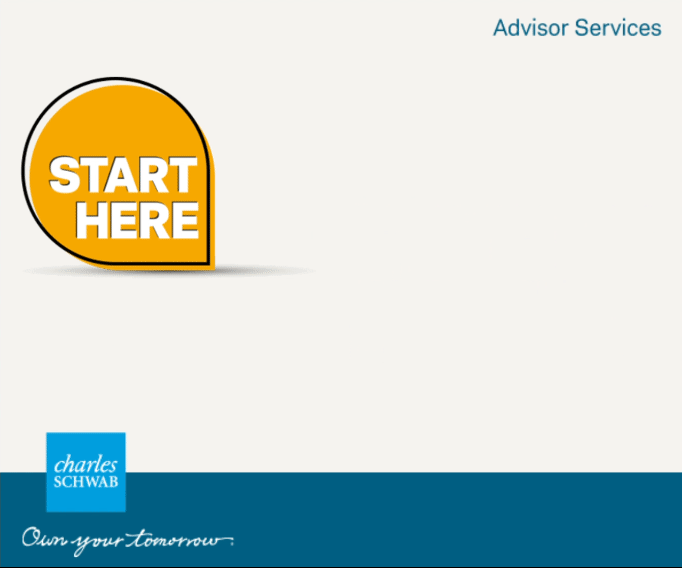We’ve frequently stressed the importance of building deep and trusting relationships with clients. Practically speaking, the stronger and more enduring your client relationships, the greater their lifetime value to you in terms of repeat business, growing assets under management, referrals, and family legacies. For financial advisors, the profit truly is in the relationship.
The most successful advisors seek to take the relationship even deeper—to the point where they become a trusted confidant of their clients. They want to be the first person their clients think of when any significant issue arises, be it a family milestone (i.e., birth, college graduation, engagement), family tragedy (i.e., divorce, death), career change, or any major family decision (i.e., new home purchase).
To some, that may seem like going above and beyond. After all, isn’t it enough to have the family’s trust to act in their best interests in helping them manage their money? Is it appropriate to try to insert ourselves into every aspect of their lives? What do we gain from that? What does the client gain? Why would a client want their financial advisor as a trusted confidant?
Why wouldn’t they want their financial advisor as a trusted confidant?
From your client’s perspective, consider this: As a financial advisor, you know as much or more about your clients—their hopes, dreams, ambitions, concerns, and problems than anyone. More than any other professional advisor they rely on—their attorney, doctor, accountant—your clients depend on you, their financial advisor, as the one to guide them through many of life’s challenges. Your client relationships can endure for decades, during which you are their primary source of knowledge and expertise for a vital part of their lives.
From your perspective, know this: Your clients want to look to you as their financial counselor, their investment coach. Your greatest value to your clients is being there for them during difficult times, holding their hands, and coaching them through their anxieties.
Equally important, as their advisor, you need to know when your clients are experiencing a significant life event because it can impact their decision-making. It’s essential that you be able to get out in front of any emotional struggles they may be experiencing. When you become their trusted confidant, you are often the first to know of any issue that impacts their lives. You become the go-to person for helping to guide them through their struggles or to share their joy when good things happen.
Earning the role of trusted confidant
The thing is, you can’t volunteer to be your client’s confidant. You must be selected by your client. Until that happens, you are auditioning for the role in everything you do for your client, beginning with your initial meetings, where you work to establish rapport and a personal connection in the initial trust-building phase.
From there, it’s about how you work to solidify the relationship, getting to know your clients on a deeper level, and letting them know the real you and how much you care about their well-being—financial and otherwise. In addition to allowing your authenticity to come through, always show interest in your client’s lives and demonstrate genuine empathy in troubling times.
Your clients learn to trust you when you consistently deliver on your promises of complete transparency, clear and responsive communications, accessibility, and highly personalized service over time. However, those are just table stakes in building a trusting relationship.
You can elevate that trust to a more endearing loyalty by taking a personal interest in your client’s lives and subtly demonstrating your desire for a deeper relationship. A few ways to do that include:
- Making periodic “just because” calls: Make non-business-related calls just to check in to see how the family is doing or follow up on a family event. Clients will remember and appreciate those calls most.
- Take them to lunch: Inviting clients to lunch should be standard practice, but they become more meaningful when business is not discussed.
- Send timely, appropriate gifts: Send cards or small gifts on special occasions, such as a child’s birthday, wedding anniversary, a career milestone, or to recognize a family member’s achievement.
- Invite your best clients to a special event: Make memories with your clients by inviting them to special events such as a golf clinic, beer or wine tasting, a charity event, a family movie night, or arrange a private museum tour.
When your clients reciprocate by inviting you to a home-cooked meal, to watch their son’s baseball game, or to their daughter’s wedding, you’ll know you’ve earned a special place in their lives.
However, it will be up to your client when they entrust you as a confidant. If you work to maintain a high-touch relationship, showing genuine interest in their well-being, your clients will award you that esteemed role.
Related: How Advisors Can Write a Highly Effective LinkedIn Summary


